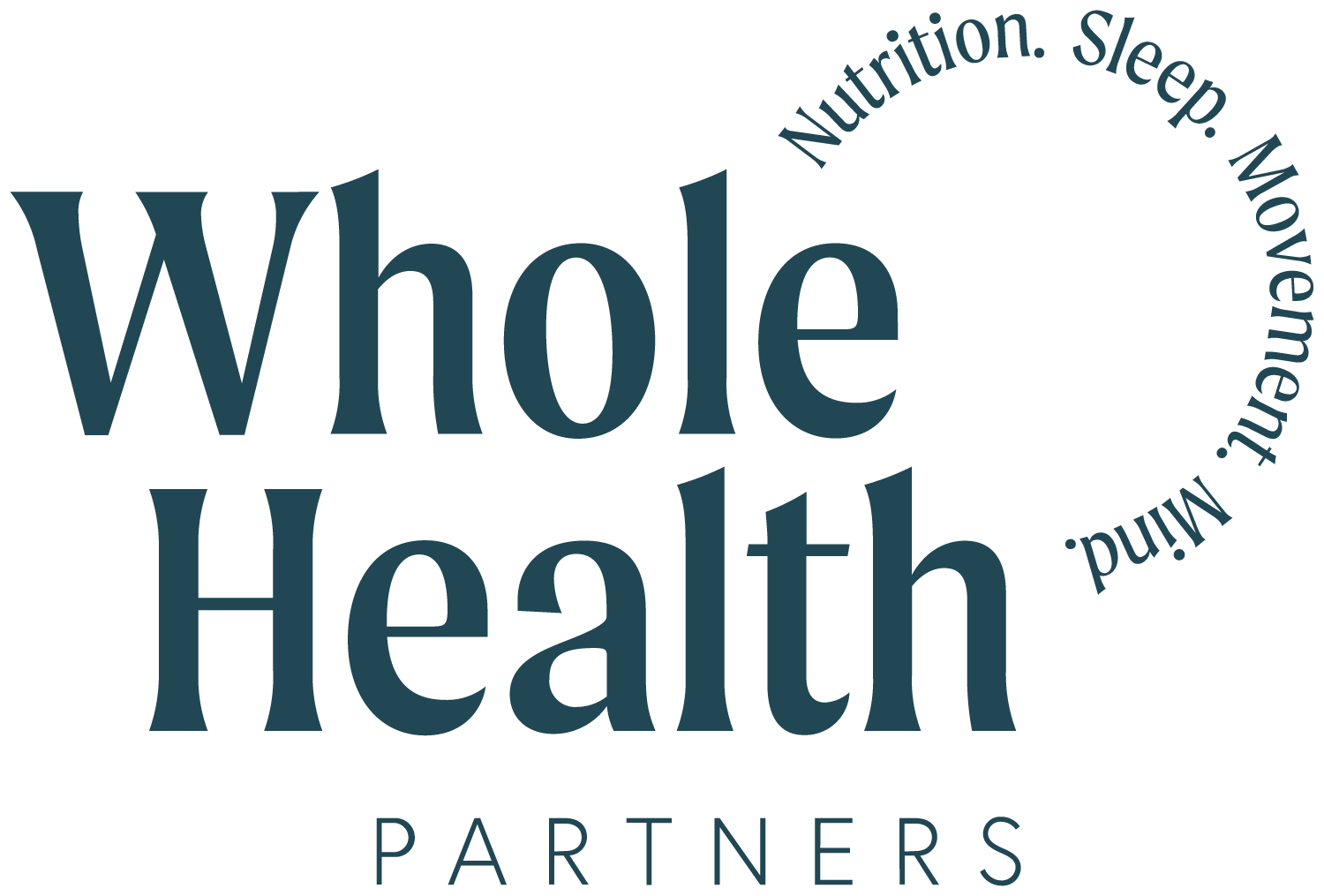Dieting vs. Behavior Change: Why We Always Focus on the Latter
Keto, Whole 30, Paleo, Low Carb, Vegan...
The world, and America in particular, is not short of diet philosophies, approaches and plans. And many of these can be a terrific framework for improving your health. Often, however, the focus is mostly on depriving ourselves of the things that we consider ‘bad’ or ‘unhealthy.’
As such, they can be very black and white, and they can be hard to sustain. It’s one of the reasons why we so often hear people talk about their diets as temporary, and linked to a specific set of goals or achievements:
“I was on the X, Y or Z diet and lost 10 lbs in 12 weeks!”
At Whole Health Partners, we believe that food should be celebrated as a source of nourishment, abundance and joy. And we believe that the best way to do that is through developing an approach that’s tailored to each patient’s unique circumstances, and that views balanced, healthier eating as a lifelong journey.
Our focus is on developing the skills, knowledge, and mindset that allow us to adopt habits which improve our wellbeing. And it’s then on sustaining those habits over months and years. With most patients, our teaching includes:
How to make room for all foods
How to reclaim what hunger is
What foods make you feel good vs. bad
How to release the emotion tied to eating
How to reclaim control around food
How to identify the right balance of foods to feel your best
How to eat in a way that aligns with your specific goals
That doesn’t mean we’re necessarily either ‘pro-’ or ‘anti-diet’. We just see diets as one part of a broader toolbox.
In fact, for some of our patients, diets can make a lot of sense. Some people we work with avoid meat and animal products, for example, because they have concerns about the environment or animal welfare. For others, they may have health conditions that mean they really do need to follow a very low carb plan.
In either instance, however, the work we do together is still to develop a personalized plan that takes into account dietary preferences or restrictions—but then offers an expansive approach that focuses on flexibility, balance, and abundance.
Ultimately, the goal is to empower each patient to pursue healthier eating, and a healthier lifestyle, throughout their lives—including when their dietary preferences or health needs change.
Why This Matters
Diet: Whole Health Partners uses this term as a noun, not a verb. For us, a balanced diet consists of the foods you eat day-to-day as a part of a nutritious lifestyle.
Many people think of diet primarily as a verb, meaning actively restricting or depriving yourself of a specific list of foods in order to lose weight. This latter approach can be hard to maintain over the long term.
If you find yourself struggling with this meaning change, consider “eating pattern”, in place of diet.
What would you like help with?
Weight Loss and Weight Maintenance
Blood Glucose Management, Diabetes, Insulin Resistance, Hypertension, High Cholesterol, Thyroid Disease, Hormonal Health
Polycystic Ovarian Syndrome (PCOS), Perimenopause/Menopause








